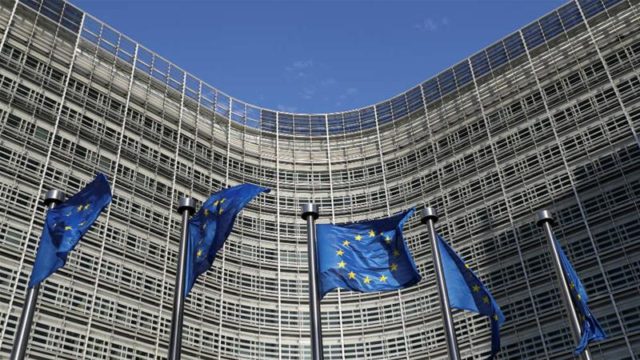New Delhi: Today the Commission invited Schengen Member States and Schengen Associated States to prolong the temporary restriction on non-essential travel to the EU until 15 May. The experience of Member States and other countries exposed to the pandemic shows the measures applied to fight the spread of the virus require more than 30 days to be effective. The Commission calls for a coordinated approach to the prolongation, as action at the external borders can only be effective if implemented by all EU and Schengen States at all borders, with the same end date and in a uniform manner.
The travel restriction, as well as the invitation to extend it, applies to the ‘EU+ area’, which includes all Schengen Member States (including Bulgaria, Croatia, Cyprus, and Romania) and the 4 Schengen Associated States (Iceland, Liechtenstein, Norway, and Switzerland) – 30 countries in total.
Vice-President for Promoting our European Way of Life, Margaritis Schinas, said: “All Member States have successfully implemented social distancing measures to limit social interaction and slow down the spread of the virus. The restriction on non-essential travel from third counties to the EU complements these measures at the EU’s external borders. While we can see encouraging first results, prolonging the travel restriction is necessary to continue reducing the risks of the disease spreading further. We should not yet let the door open whilst we are securing our house.”
Commissioner for Home Affairs, Ylva Johansson, added: “The current situation compels us to call for a prolongation of the restriction on non-essential travel to the EU. While coordinated action is key at the external borders, we also need to work together at the internal borders to make sure our internal market continues to function properly, and that vital products such as food, medicines and protective equipment can reach their destination without delay. We will continue assisting Member States in all these strands of work.”
The Commission’s assessment of the current situation points to a continued rise in the number of new cases and deaths across the EU, as well as to the progression of the pandemic outside of the EU, including in countries from where millions of people usually travel to the EU every year. In this context, prolonging the travel restriction is necessary to reduce the risk of the disease spreading further.
The risk of increasing community transmission is assessed by the European Centre for Disease Prevention and Control to be moderate if mitigation measures are in place and very high if insufficient mitigation measures are in place, while the risk that the capacity of health and social care systems will be exceeded in the coming weeks is assessed as high, even with mitigation measures in place.
Since the implementation of the travel restriction in the second half of March, air passenger traffic has been almost reduced to zero, with the remaining flights being mainly limited to cargo transport and repatriation. A similar trend of passenger traffic can be seen in other modes of transport, such as in ferry, coach and rail transport.
The Commission will continue to assist Member States in implementing the restriction on non-essential travel to the EU, including through regular discussions in videoconference meetings with Home Affairs Ministers.
Any further prolongation of the travel restriction beyond 15 May would need to be assessed again, based on the evolution of the epidemiological situation.
Parallel and coordinated action at external borders will be an essential aspect of a concerted EU exit strategy and the gradual lifting of the containment measures in Europe.

